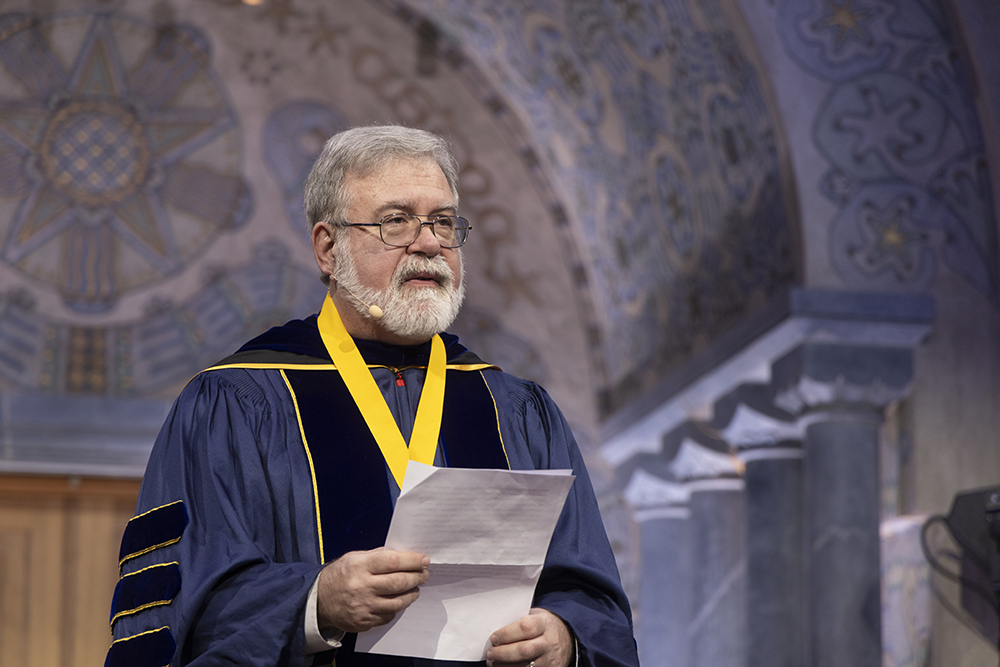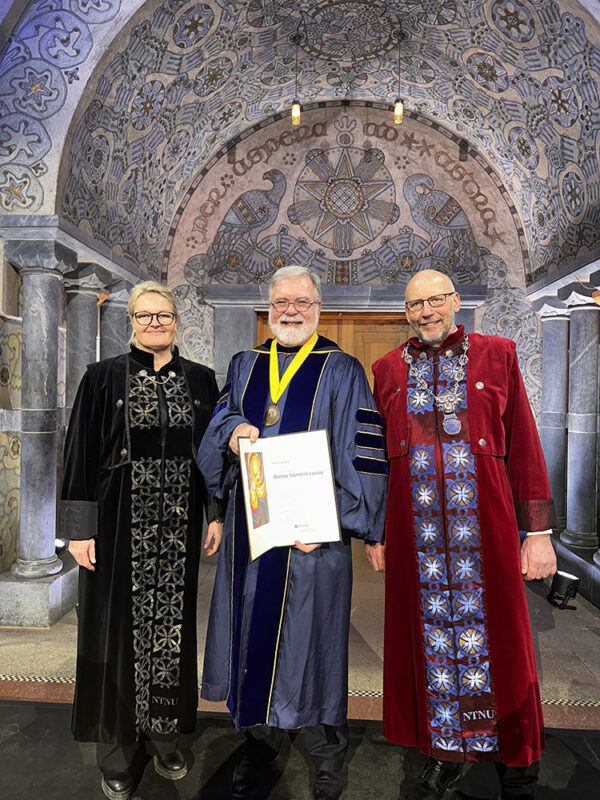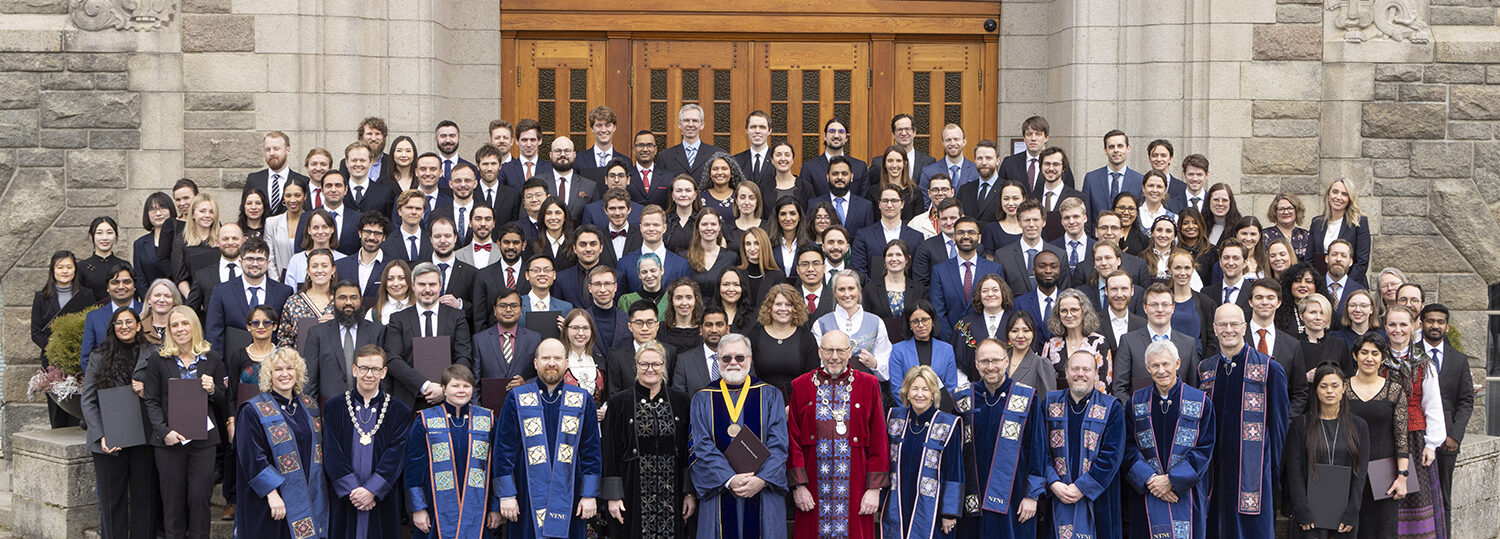Professor Richard Spontak, a distinguished NC State University professor with joint appointments in the departments of Materials Science and Engineering (MSE) and Chemical and Biomolecular Engineering (CBE) was awarded an honorary doctorate during the Doctoral Awards Ceremony on March 8, 2024, at the Norwegian University of Science and Technology (NTNU). The ceremony recognized Spontak’s exceptional contributions to chemical process engineering and polymer science.

Spontak had previously been bestowed with the Lars Onsager’s honorary professorship in 2012 by NTNU. His career has been marked by groundbreaking research, particularly in the membranes and gas separation domains, which have played a pivotal role in advancing carbon capture techniques. These contributions have assumed greater importance amid the global emphasis on transitioning to greener energy sources, with hydrogen emerging as a focal point.
The ceremony, held on International Women’s Day, served as a platform to honor Spontak and 217 new doctors, among whom 118 were present at the gathering in Hovedbygget Hall at Gløshaugen in Trondheim, Norway. Rector Tor Grande, in his address, underscored the significance of obtaining a Ph.D., emphasizing the dedication, curiosity, and intrinsic motivation required to embark on such an arduous academic journey.
In accepting the honorary doctorate, Spontak expressed gratitude for the recognition and reaffirmed his commitment to advancing research that addresses pressing societal challenges. His journey inspires future generations of researchers, encapsulating the spirit of innovation and excellence emblematic of NC State MSE.

As the world grapples with complex scientific and environmental issues, the recognition bestowed upon Spontak underscores the role of academia in driving meaningful change and fostering interdisciplinary collaboration toward a sustainable future.
————————-
This article was adapted from an originally published piece in NTNU News
